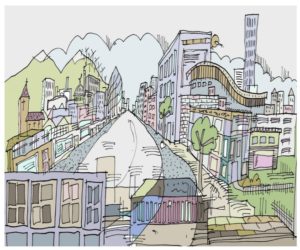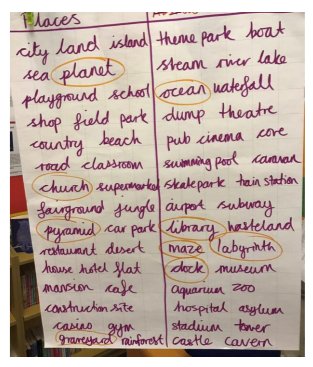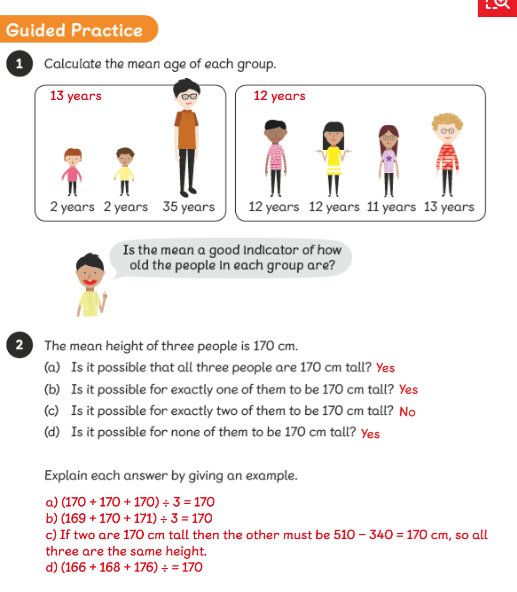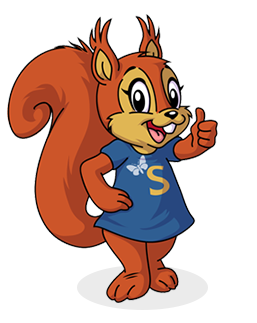Writing

When we write, we often create ideas, combinations, poems or stories that have never been created before. There is no ‘right’ or ‘wrong’ answer and every activity is a chance to produce something fresh. Today we’ll get our creative juices flowing with the game The City of Silence and then over the next two weeks we’ll use the ideas that come out of it to do a variety of activities: writing short poems, trying some descriptive writing, giving feedback to writers, being a teacher, doing some artwork and finally publishing or performing our work.
Starting Game: The City of Silence
Have you ever wondered what it is like in …
★the mountain of imagination,
★the castle of doom,
★the city of wonder,
★the maze of wishes,
★or the cellar of despair?
Well, you are about to find out! In this game, we are going to create our own unique settings by combining places and things. Let’s get started by making a list of places.
Activity 1: Make a list of places

★ Here we want as many different type of places as possible – the more the better. For example: wood, city, shed, street, station, maze, cellar …
★ Top Tip: generic places are what we are looking for here, not the actual names of particular places: we want city not London, planet not Jupiter.
Sorting your ideas
One way to sort your places is to put them into categories. This often helps you to think of more ideas as one idea can lead to
another and so on.

Here’s a list of places you can magpie from if you need to:

Activity 2: Make a list of abstract nouns
Before we make our list for the game, you might need to brush up on the four types of nouns:
• Concrete nouns: the general names for people, places and things that you can see/touch/taste/smell etc. e.g. ball, table, grass, pony, child • Proper nouns: special names starting with capital letters e.g. Sarah, Dr Foster, Spain • Collective nouns: a word for a group of animals, people or things e.g. gang, swarm, crowd, pair • Abstract nouns: something that exists but you cannot see/touch e.g. love, dream, fear, hope
For our game, we want lots and lots of abstract nouns.
Here are some top tips for your list:
Happy feelings: hope, love, joy, friendship, happiness,
Sad feelings: regret, pain, doom, sadness, dread
Fantasy: curse, premonition, vision, dream, nightmare,
Attitude words ending in -tion/-sion: determination, ambition, trepidation,
passion, confusion
Question? Is the word happy an abstract noun?
Let’s try it out in a sentence: The man felt very happy as it was his birthday.
Here the word happy is describing the man. We call those words adjectives.
We can change happy to an abstract noun by adding a suffix: happy – happiness. The church filled with happiness on their wedding day.
• So the adjective sad becomes the abstract noun sadness.
• And the adjective lonely becomes the abstract noun loneliness
Now over to you to make your list of abstract nouns. If you’re stuck, magpie from the ones above or ask your family if they can think of any.
Activity 3: Making your first combinations!
Now comes the fun part! Choose one word from each list and put them together to make an interesting combination. Here’s how it works:
Places Abstract Nouns Combinations
church + love The church of love
village + dreams The village of dreams
station + pain The station of pain
tunnel + hope The tunnel of hope
river + anxiety The river of anxiety
Each place can be paired up with any of the abstract nouns so the possibilities are endless! At this stage, try not to worry about whether they are ‘good’ or not just generate lots and lots of ideas so we have plenty to choose from later.
★ Now make as many combinations as you can!
★ Top Tip: You could choose ONE setting and then combine it with 5-10 abstract nouns and see which one surprises,
entertains or interests you most. e.g.
The school of doom
The school of laughter
The school of determination
The school of hope
The school of fun
The school of dreams
The school of pride
The school of friendship
The school of possibilities
Arithmetic
Complete Mental maths Quiz 6:10. Answers tomorrow.
Maths No problem
Answers to Guided Practice page 225

Today’s task:
Workbook pages 157/158
Tips for question 2:
Remember the overall mass of the three otanges is 450g. Keep that in mind at all times!
In 2(c) try out several different combinations of masses for the three oranges but remember the first tip above! What do you find?
In 2(d) do the same as in 2(c) and try adding different combinations of masses. In this question the overall mass will obviously be greater than 450g. Can you add two oranges each with a mass of 150g and increase the overall mean? What does your answer to that question tell you?
Topic
Continue your information text about the ancient Maya. The next subheading is What games did the Maya play? There is one game in particular I want you to focus on: Their ball game called Pitz. Find out about it by following this link. Look out for what happens to a member of the losing team… They don’t do anything as boring as swapping shirts at the end of a match!
https://www.bbc.co.uk/bitesize/topics/zq6svcw/articles/zbqyy4j
What else can you find out about Pitz? When you’ve written about the ball game, have a go at writing a commentary for a Mayan Pitz match. The most interesting part of your commentary may well come after the match has finished!




